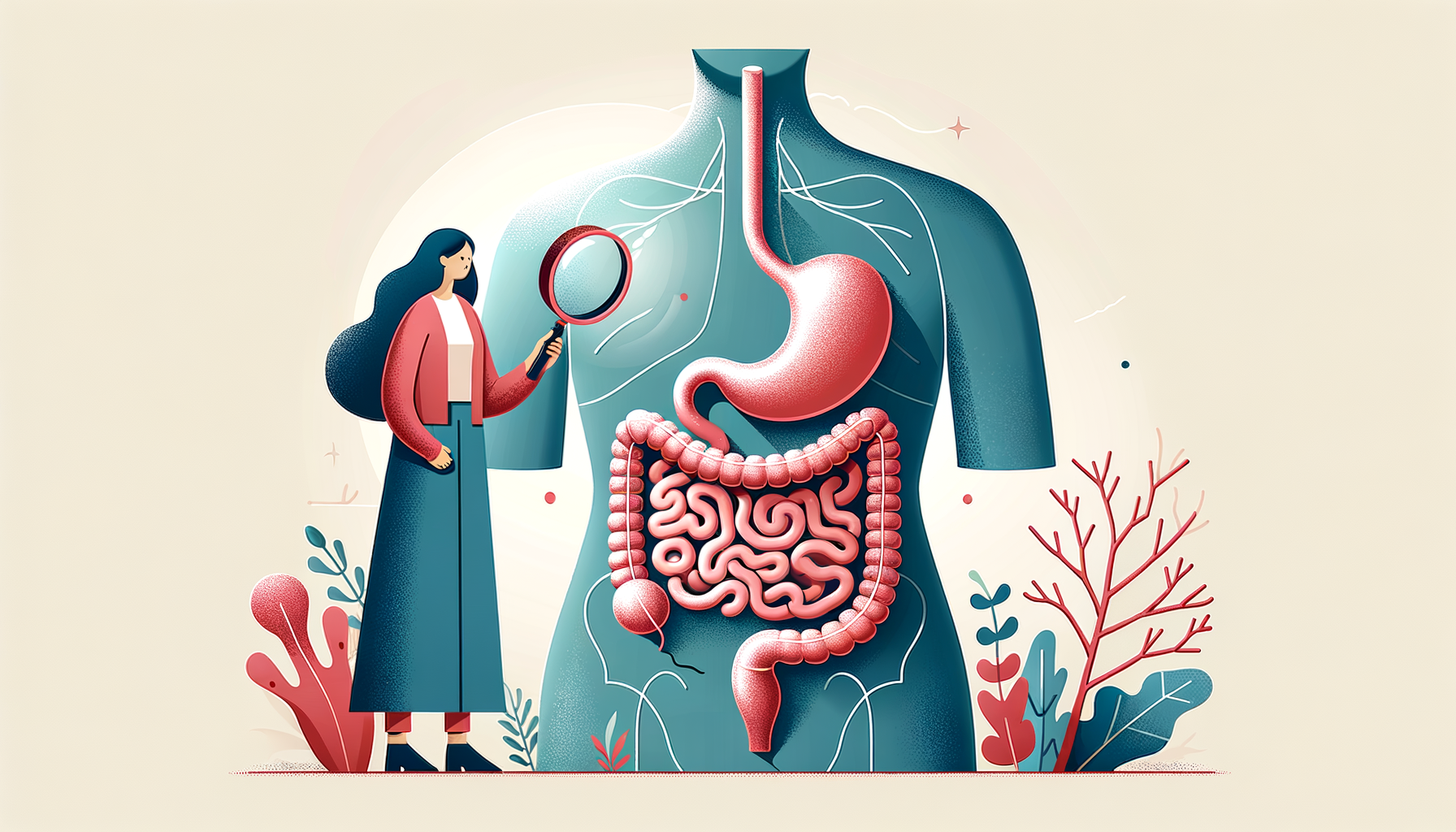Introduction
The human body is a complex, intricate system, a marvel of biological engineering. One of its most fascinating components is the gut, a labyrinthine network of organs that plays a pivotal role in our overall health. The gut, often referred to as the second brain, is not just a digestive tract but a powerful system that significantly influences our wellbeing. This article delves into the profound connection between gut health and overall wellbeing, shedding light on the importance of maintaining a healthy gut.
Understanding Gut Health

The gut, a term often used to describe the gastrointestinal tract, is a complex system that extends from the mouth to the anus. It is responsible for the digestion of food, absorption of nutrients, and expulsion of waste. However, the gut’s role extends beyond these basic functions. It is home to trillions of microorganisms, collectively known as the gut microbiota, which play a crucial role in our health.
The gut microbiota is a diverse community of bacteria, viruses, fungi, and other microorganisms. This microbial ecosystem is unique to each individual, much like a fingerprint. The balance or imbalance of these microorganisms can significantly impact our health. A healthy gut is characterized by a diverse and balanced microbiota, which contributes to optimal digestion, nutrient absorption, and immune function.
However, an imbalance in the gut microbiota, known as dysbiosis, can lead to a host of health issues. Dysbiosis can result from various factors, including poor diet, stress, lack of sleep, and overuse of antibiotics. It can lead to conditions such as irritable bowel syndrome (IBS), inflammatory bowel disease (IBD), obesity, and even mental health issues.
Gut Health and Wellbeing
The gut’s influence on our wellbeing is far-reaching, affecting various aspects of our health. The gut microbiota interacts with the immune system, playing a crucial role in its development and function. A healthy gut microbiota helps maintain a robust immune response, protecting us from infections and diseases.
Moreover, the gut is intrinsically linked to our brain through the gut-brain axis, a bidirectional communication pathway. This connection allows the gut microbiota to influence our brain function, affecting our mood, behavior, and mental health. Research has shown that dysbiosis can contribute to mental health disorders such as depression and anxiety.
Furthermore, the gut plays a significant role in metabolic health. The gut microbiota helps regulate metabolism, influencing body weight and energy balance. Dysbiosis can disrupt this balance, leading to metabolic disorders such as obesity and type 2 diabetes.
Improving Gut Health
Given the profound impact of gut health on our wellbeing, it is crucial to take steps to maintain a healthy gut. One of the most effective ways to improve gut health is through diet. Consuming a diverse range of plant-based foods can help promote a diverse gut microbiota. Foods rich in fiber, such as fruits, vegetables, legumes, and whole grains, are particularly beneficial as they serve as fuel for beneficial gut bacteria.
Probiotics, live bacteria that confer health benefits, can also help improve gut health. They can be obtained from fermented foods like yogurt, kefir, sauerkraut, and kimchi, or taken as dietary supplements. Prebiotics, non-digestible carbohydrates that feed beneficial gut bacteria, can also support gut health.
Moreover, lifestyle factors such as regular exercise, adequate sleep, and stress management can contribute to a healthy gut. Regular physical activity has been shown to enhance gut microbiota diversity, while adequate sleep and stress management can help maintain a balanced gut microbiota.
Conclusion
In conclusion, gut health plays a pivotal role in our overall wellbeing, influencing various aspects of our health from immunity and metabolism to mental health. Maintaining a healthy gut is therefore crucial for optimal health. Through a balanced diet, regular exercise, adequate sleep, and stress management, we can nurture our gut health and, by extension, our overall wellbeing.





